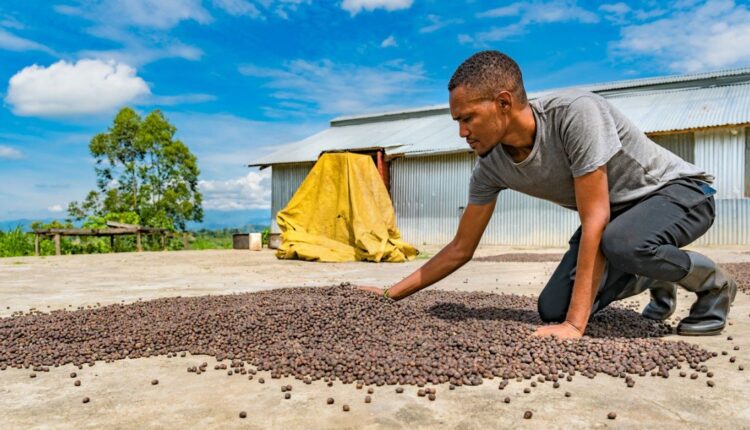Cornell, World Coffee Research Launch Coffee Improvement Program – CoffeeTalk
Cornell University and World Coffee Research (WCR) are launching a new program aimed at improving the resilience and productivity of coffee smallholder growers worldwide. The Coffee Improvement Program, funded by over $5 million from the United States Agency for International Development (USAID), aims to address the growing production challenges faced by coffee farmers while strengthening vital global coffee supply chains. Over 12 million smallholder coffee farmers globally, each farming on less than 5 hectares, produce 60% of the world’s coffee. However, these farmers are increasingly at risk due to climate change and limited agricultural innovation.
The five-year program, based in the School of Integrative Plant Science (SIPS) in Cornell’s College of Agriculture and Life Sciences, focuses on breeding tools to enhance disease resistance and improve quality evaluation. A targeted case study will focus on strengthening seed systems for inclusive market access to improved varieties. The program follows the recent $25 million investment from USAID to ILCI to develop tools, technologies, and methods for public plant breeding programs in countries committed to improving their own food security and nutrition. In addition to the coffee program investment, ILCI could receive up to $9.5 million in additional funding.
Vern Long, CEO of WCR, said the strategic public-private partnership brings ILCI’s cutting-edge expertise in crop improvement tool development to the coffee industry’s investments in global coffee breeding. This program will foster the resilience of coffee farmers worldwide and ensure a diverse supply of coffee for the industry. Public-private partnerships like this are critical to help develop resilient plants that produce high-quality and varied flavor profiles consumers expect.
Highlights of the partnership include the development of breeding tools, capacity strengthening, and a seed systems case study. The program will focus on identifying genetic markers for coffee berry disease and coffee leaf rust, high-throughput evaluation tools for sensory quality in both Arabica and Robusta varieties, and addressing limited access to high-quality seeds and plants.
The Coffee Improvement Program builds on the coffee industry’s Innovea global Arabica coffee breeding program, launched in 2022, and will extend to a new Robusta breeding initiative in 2025. By combining with ILCI’s global network of breeders and cutting-edge research tools, the program is poised to modernize coffee breeding and ensure smallholder farmers’ access to high-performing varieties that meet the demands of the future.
Read More @ Cornell
Source: Coffee Talk



